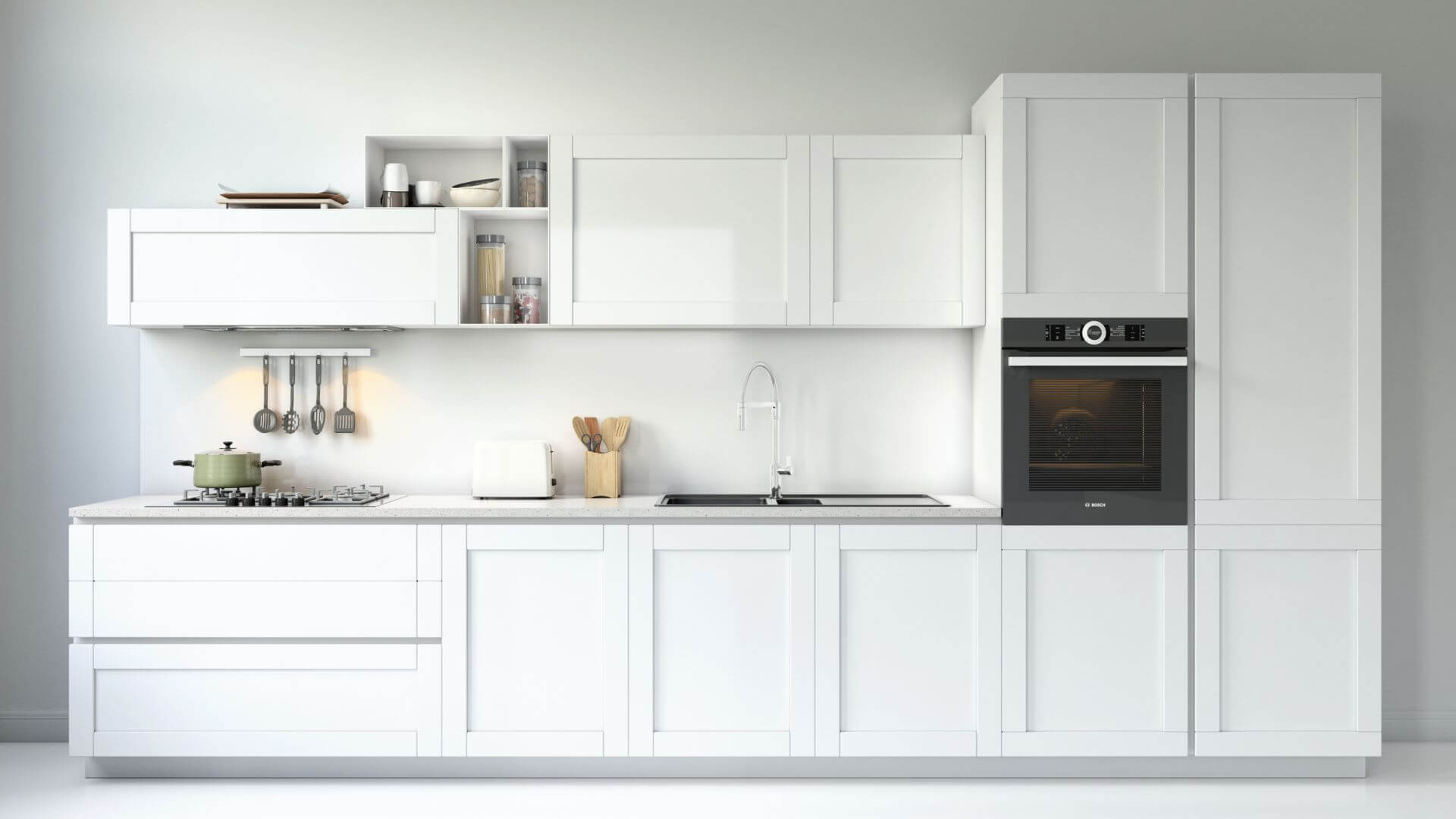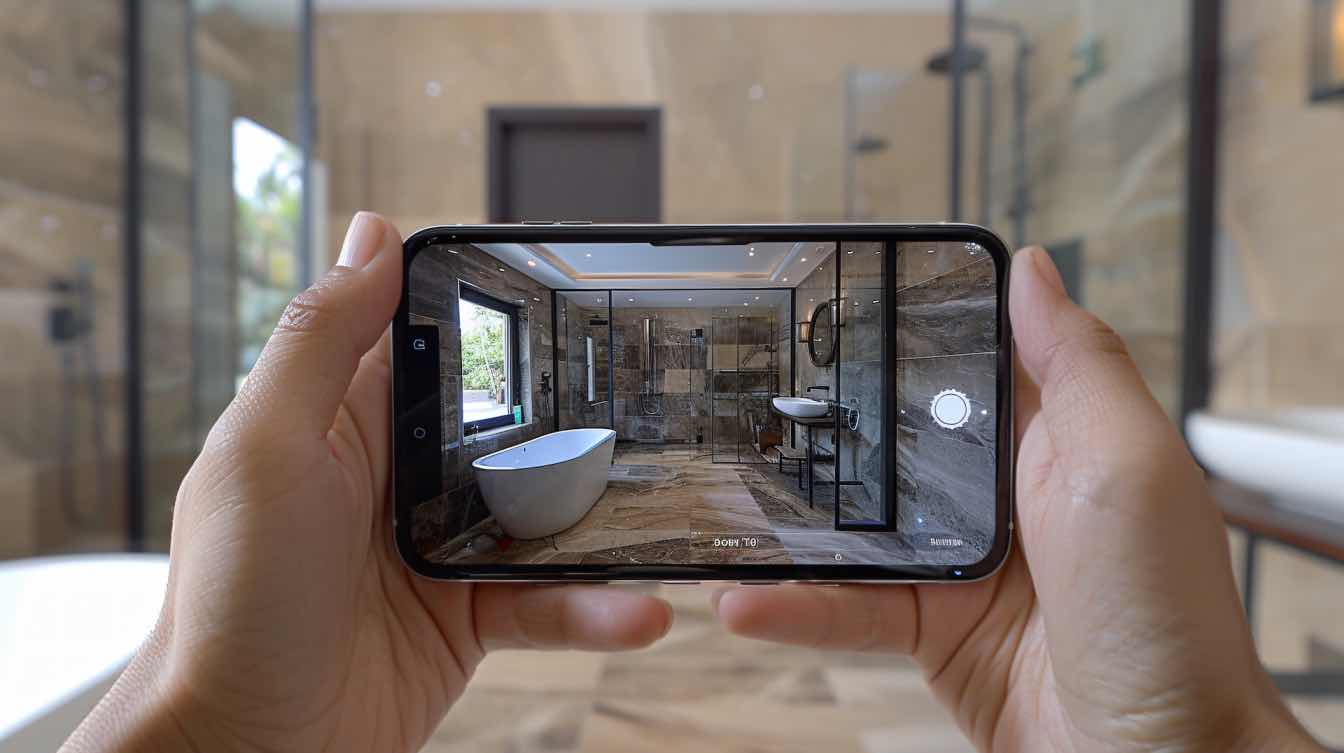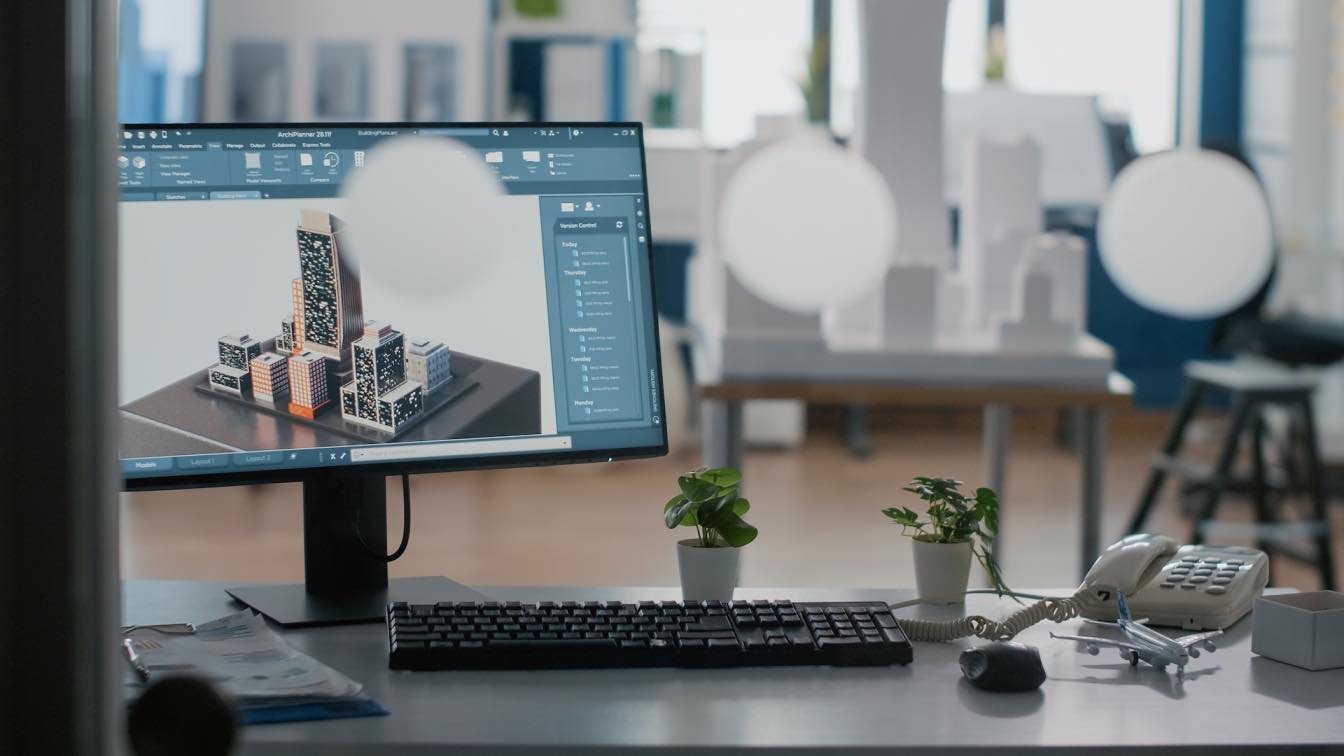Ever feel like you’re breathing in more than just air at home? You’re not alone. The quality of the air we breathe inside our homes can significantly impact our health and well-being. Unfortunately, many of us don't realize how critical clean air is until we experience problems like allergies, asthma, or even fatigue. This blog post is all about empowering you with practical tips for maintaining cleaner, healthier air in your home. By the end, you’ll know how to identify common indoor pollutants, understand their impacts, and implement effective strategies to improve your home’s air quality.
Understanding Home Air Quality
Common Pollutants Found in Homes and Their Sources
Did you know that indoor air can be more polluted than the air outside? Shocking, right? Common indoor pollutants include dust mites, pet dander, mold spores, pollen, and volatile organic compounds (VOCs). These pollutants come from everyday items like cleaning supplies, paint, carpets, and furniture. Even your beloved pets can contribute to the problem.
The Impact of Poor Air Quality on Health
Breathing in poor-quality air can lead to numerous health issues. Short-term exposure to indoor pollutants can cause symptoms like headaches, dizziness, and respiratory irritation. Long-term exposure can result in chronic respiratory diseases, heart disease, and even certain cancers. Children, the elderly, and individuals with preexisting health conditions are particularly vulnerable. Ensuring your home has clean air isn't just about comfort; it’s a matter of health.
Tips for Improving Home Air Quality
Regular Cleaning and Maintenance of HVAC Systems
Your HVAC system is like your home's lungs, so keeping it clean is crucial. Regularly changing air filters can prevent dust and other particles from circulating throughout your home. Schedule professional maintenance at least once a year to ensure your system operates efficiently. Don’t forget to clean air vents and ducts, as these can harbor dust and mold, contaminating the air you breathe. If you need professional air duct cleaning in Atlanta, for instance - just have a look online. That way, you’ll have the satisfaction of knowing that your air conditioning is keeping your home safe and cool
Choosing Natural Cleaning Products
Many household cleaning products contain harmful chemicals that can contribute to poor indoor air quality. Opt for natural alternatives like vinegar, baking soda, and lemon juice for a safer and more environmentally friendly option. You can also look for cleaning products with eco-friendly and non-toxic labels.
Regular Grooming and Cleaning of Pets
As much as we love our furry friends, they can contribute to indoor pollutants like dander and hair. Regular grooming and cleaning of pet beds, blankets, and toys can help reduce the allergens they produce. Vacuuming regularly is also essential for removing loose hair and dander from carpets and furniture.
Effective Use of Air Purifiers and Filters
Air purifiers can be a game-changer in your quest for cleaner air. They work by trapping pollutants and allergens, making the air fresher and healthier. When choosing an air purifier, look for one with a HEPA filter, as they are highly effective at removing small particles. Place air purifiers in the rooms you use most often, such as the living room and bedrooms, for optimal results.
Ventilation and Humidity Control
Proper ventilation is essential for reducing indoor pollutants. Open windows and doors to allow fresh air to circulate, especially when cooking or using cleaning products. Use exhaust fans in bathrooms and kitchens to remove excess moisture and odors. Controlling humidity levels can also prevent mold growth. Aim to keep indoor humidity between 30% and 50% using a dehumidifier if necessary.
Reducing Indoor Pollution Sources
Limiting the sources of indoor pollution is another effective strategy. Choose natural or low-VOC products when painting or cleaning. Avoid smoking indoors and limit the use of candles and incense, which can release harmful particles into the air. Houseplants can also help improve air quality by absorbing pollutants and releasing fresh oxygen, but be cautious if you have allergies.
Clean air is vital for a healthy home environment. By understanding the common pollutants and their sources, regularly maintaining your HVAC system, using air purifiers, ensuring proper ventilation, and reducing indoor pollution sources, you can significantly improve your home’s air quality. Remember, every small step you take leads to a healthier home and better well-being for you and your loved ones. Now it's time to put these tips into action and breathe easier in your own home. Also, don't forget to share this valuable information with your family and friends, so they too can enjoy the benefits of breathing clean air. Thank you for reading!





